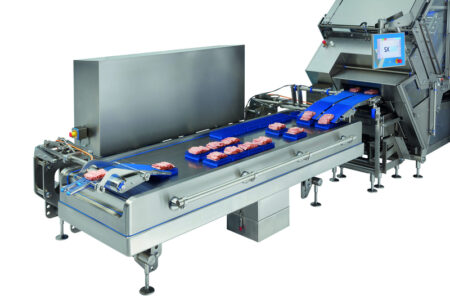Shoppers call for discount incentive to buy imperfect fruit and vegetables

Research has revealed that 81% of those shopping in the supermarket and at discount retailers would buy imperfect fruit and vegetables, but this slips to just 52% online, reports Blue Yonder.
This comes after supermarkets have responded to the pressure to reduce waste and embrace wonky vegetables and ugly fruit. The big four in the UK have pledged to cut waste and Tesco recently announced its plans to roll out wonky vegetables across Europe.
The survey that questioned 2,000 consumers across the UK, US, France and Germany highlighted that the imperfection comes at a cost:
· 90% need a discount to incentivise them
· 60% need a discount of at least 20%
· While the French are the most open to imperfection in their food purchases, 59% need at least a 20% discount, versus 46% in the UK, 74% in the US and 67% in Germany.
France is leading the way and has been campaigning for sales of wonky vegetables long before it was raised as an issue in the UK. Back in 2014, France’s third largest supermarket chain Intermarché launched a campaign to sell ‘ugly’ produce, to tackle the food waste problem.
Matt Hopkins, retail industry director, comments, “Discounting imperfect produce helps overcome the waste problem in the supply chain. However, for it to have a real impact on waste reduction, retailers need to understand what demand will be for products, wonky or not, to accurately stock the right amount of ‘imperfect’ versus ‘perfect’ fruit and vegetables. It would be pointless to reduce waste in the supply chain, only to see retailers having to throw it away from the supermarket/distribution centers’ shelves.
“The findings also indicate that accurate markdown pricing is needed to successfully sell imperfect fruit and vegetables. Pricing ‘imperfect fruit and veg’ versus ‘perfect fruit and veg’ will add to the complexity and number of decisions in a world where grocery is already struggling to keep pace. The use of advanced machine learning algorithms for the best decisions, delivered daily is important for survival and success. Perhaps most important for the sale of perfect versus imperfect ‘fresh’ fruit and vegetables is that advanced machine learning algorithms can simultaneously optimize for price and replenishment, enabling the grocery retailer to accurately stock, replenish and without risking profitability.”



